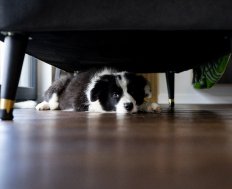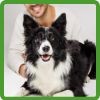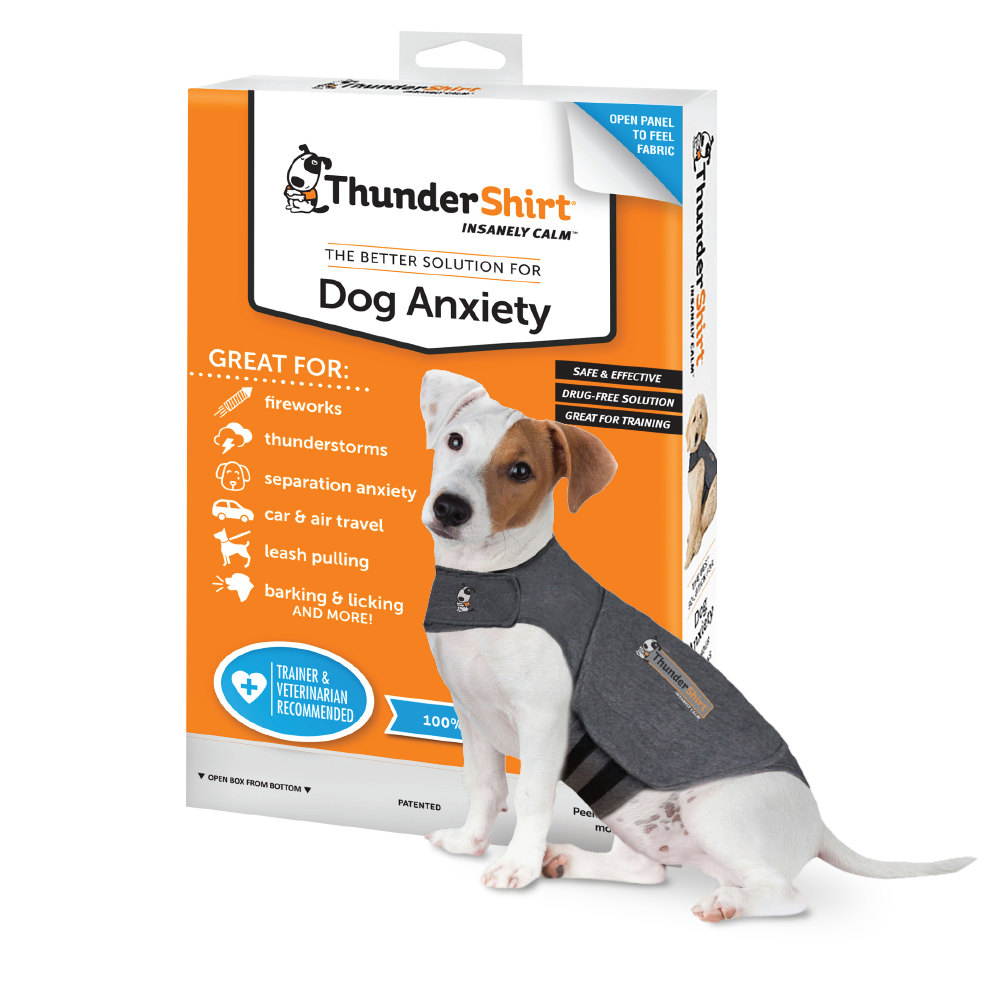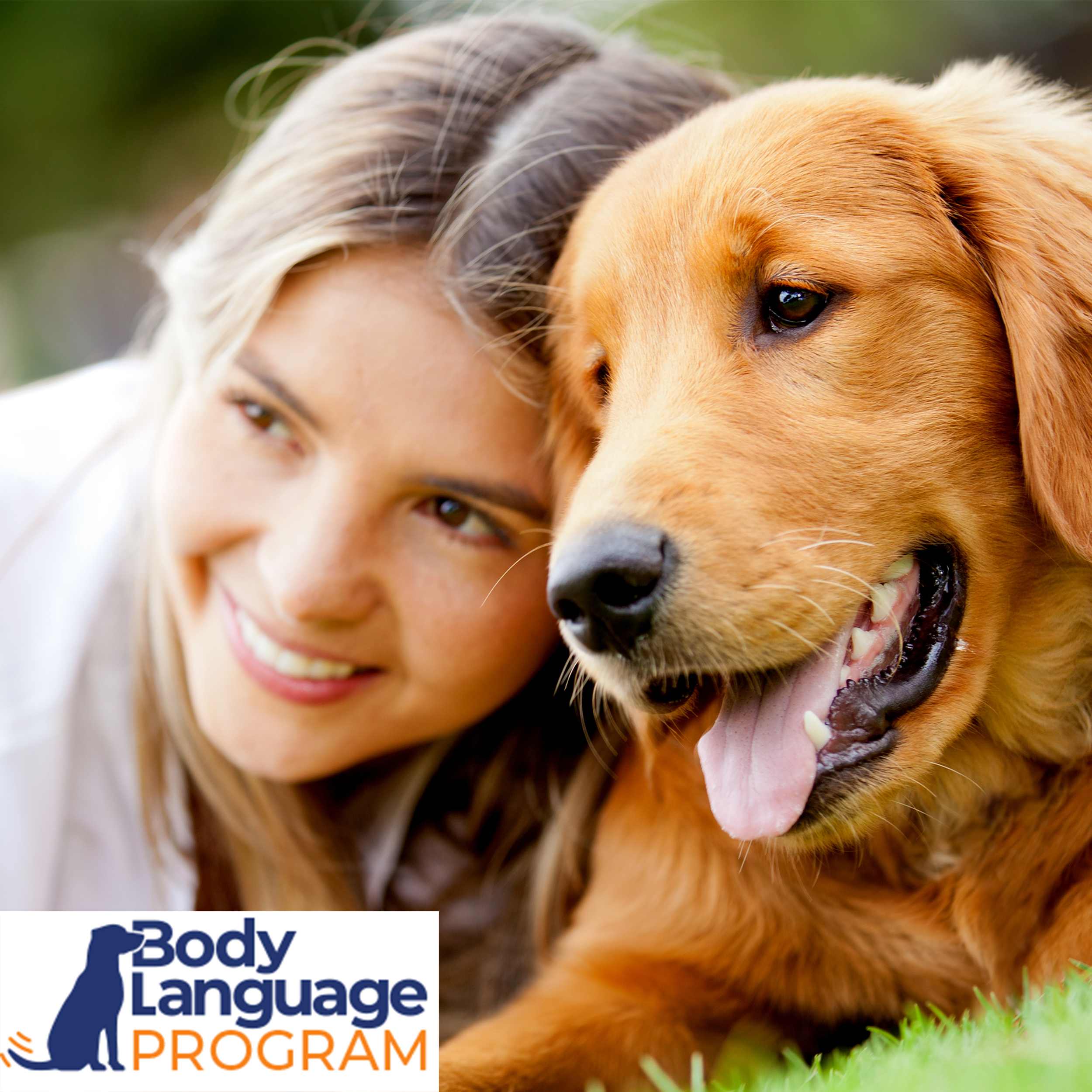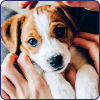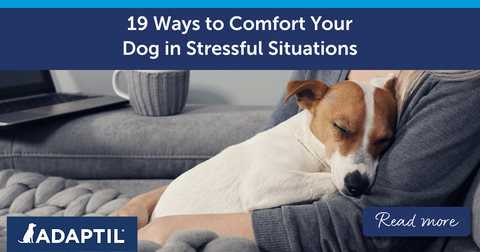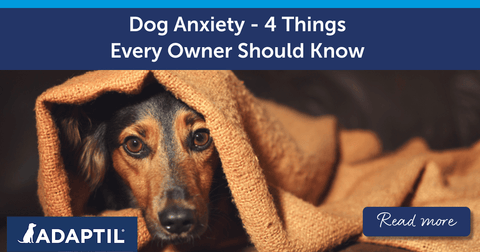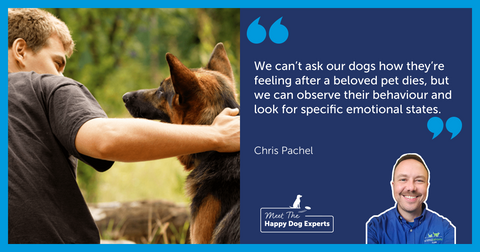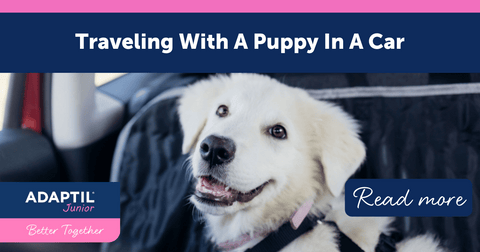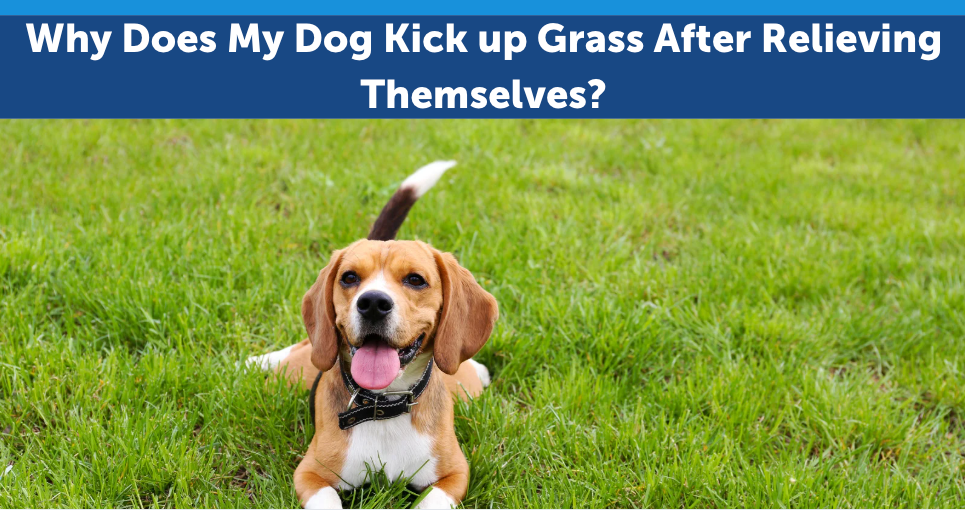
Why Does My Dog Kick up Grass After Relieving Themselves?
Kicking up grass after relieving themselves is an instinctive action believed to have the main aim of spreading their scent and letting other dogs know that this is their territory and they have just marked this area. It is thought to be an evolutionary instinct from when dogs lived in packs and were marking territory, claiming resources or preventing other animals from trying to mark that area as their own territory.
For this reason, dogs that are neutered may do this behaviour less, as there is a lower drive to mark and spread their marking of territory and for other dogs to know of their presence.
.png)
There are several reasons your dog may do this...
- Dogs tend to do this kicking action more often in the presence of other dogs, when feeling in competition, nervous or around other scents. The need to spread their scent further is an instinct that can be seen in wolves and wild dogs.
- As we know from ADAPTIL, pheromones are a natural way of communicating to the same species. Each pheromone communicates a different message.Dogs can distribute pheromone deposits from their paw pads as well as other parts of their body, including in their urine. They may be trying to communicate this is their territory and spreading their scent and pheromones further.
- They're trying to communicate a message about what's going on in the environment around them. Some dogs may kick their hind legs after they poop to alleviate stress and discomfort.
- This behaviour can be seen in other canines, not just dogs, such as wolves and foxes. Cats are also known to kick and bury after toileting, which according to pet owners can end in litter sprayed everywhere!
ADAPTIL BACK TO NATURE
Take a look at ADAPTIL's Back to Nature short documentary video:An ode to dog origins, friendship and challenges of modern life. Dogs deserve our support to cope with our modern environment.
If you are concerned by the amount your dog is kicking or their behaviour whilst or after relieving themselves, or your dog seems uncomfortable then please contact your vet for a check-up or contact a qualified clinical animal behaviourist (CAB),take a look at Association of Pet Behaviour Counsellors (APBC) or Fellowship of Animal Behaviour Clinicians (FABC) list for more information or help.


